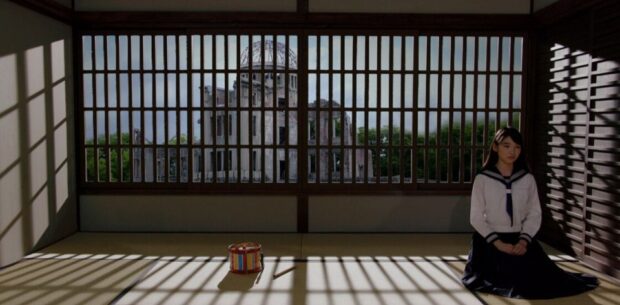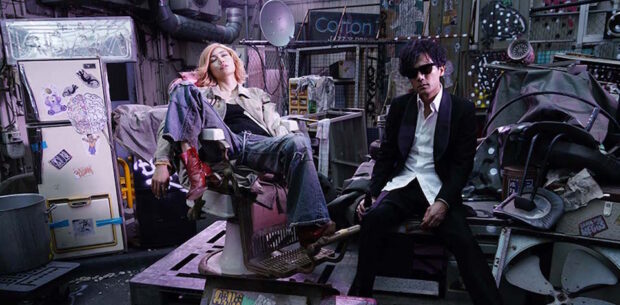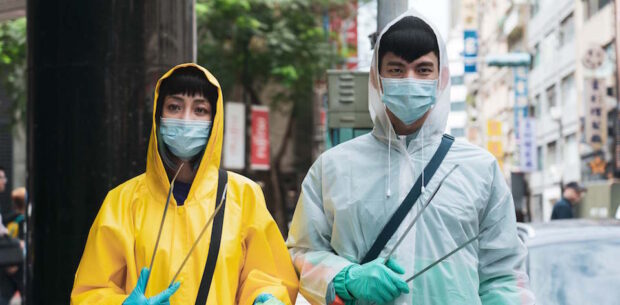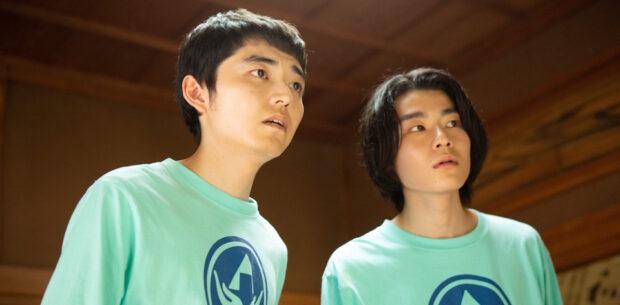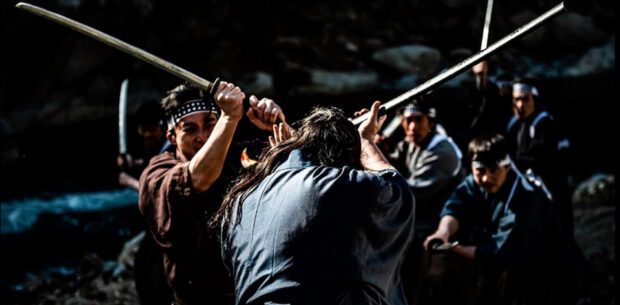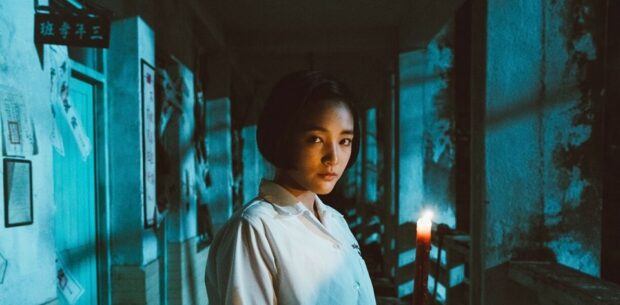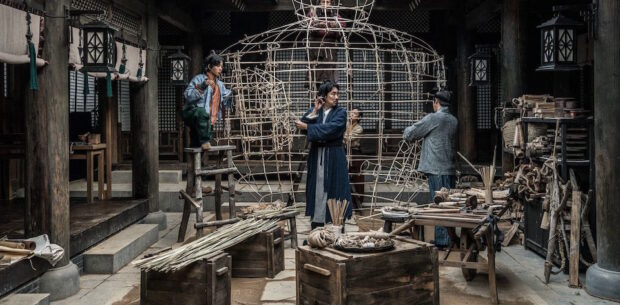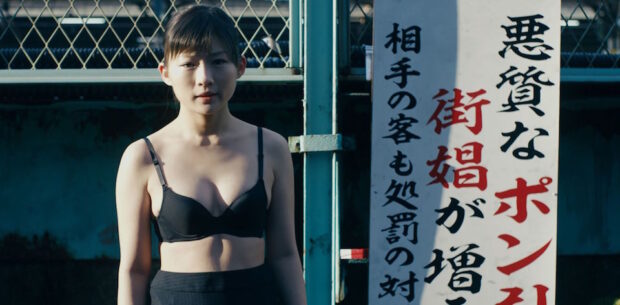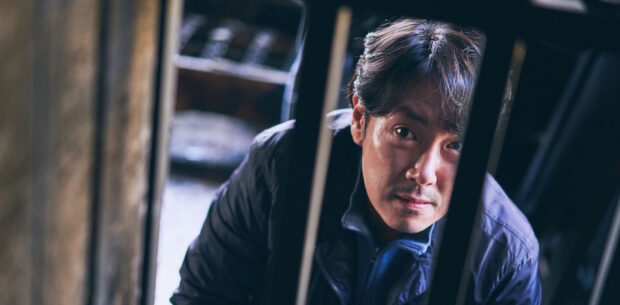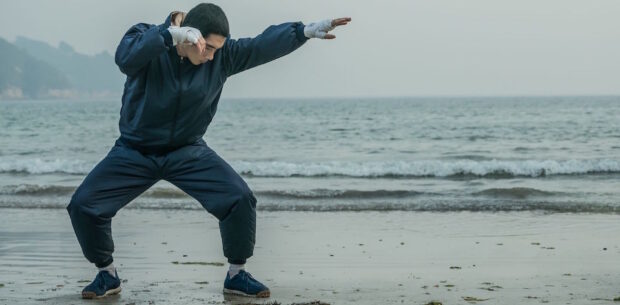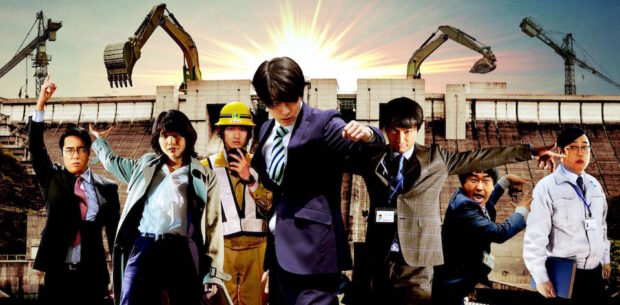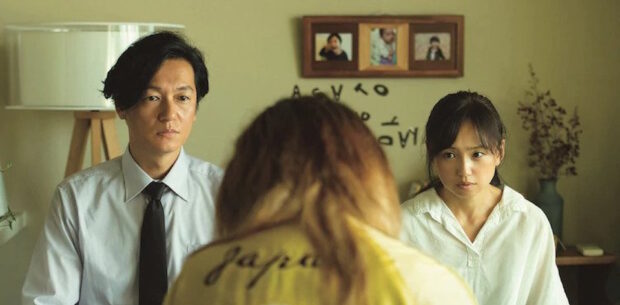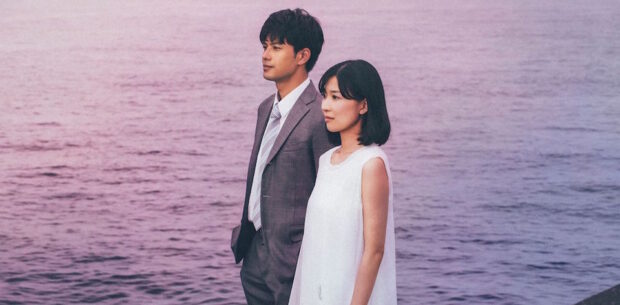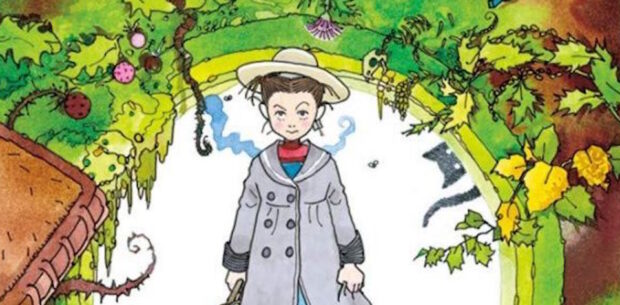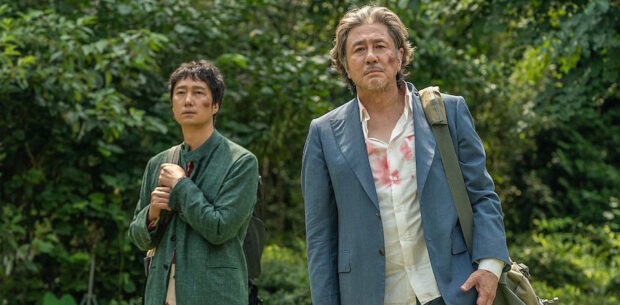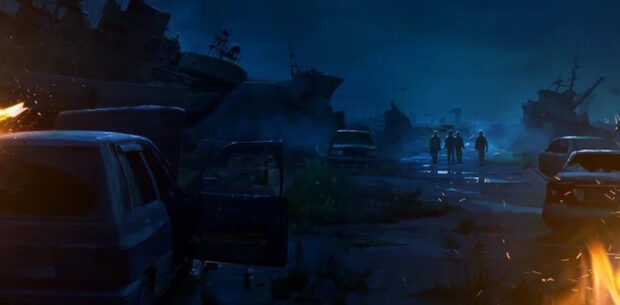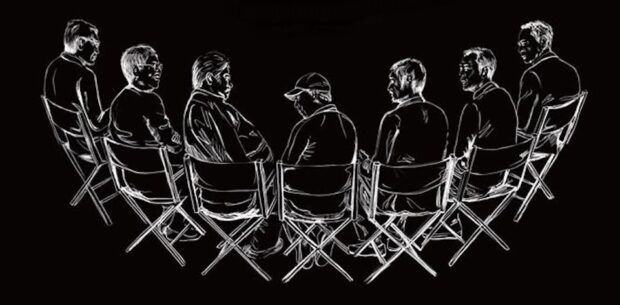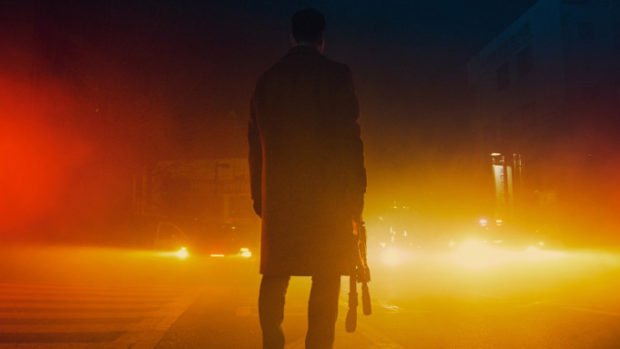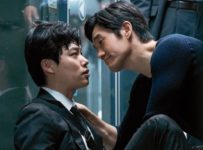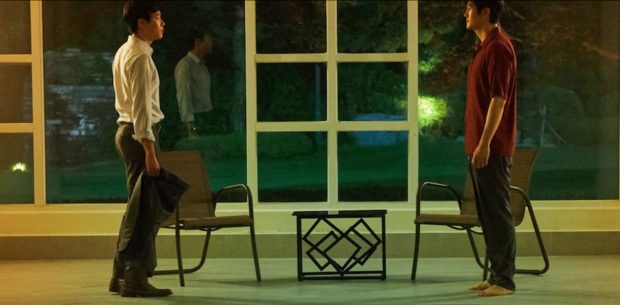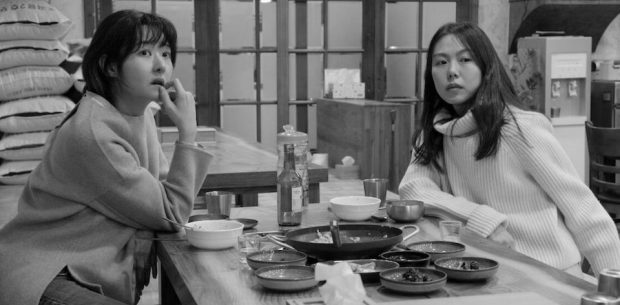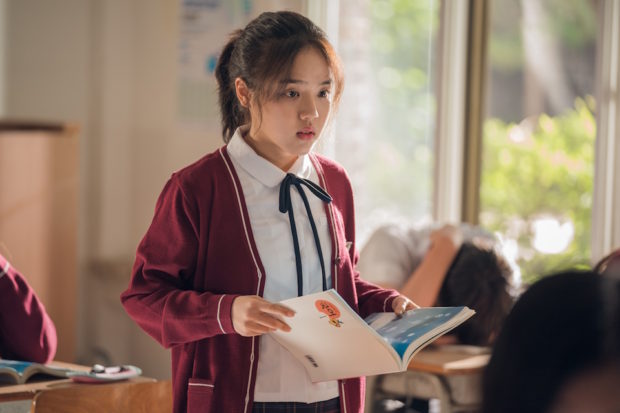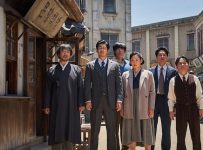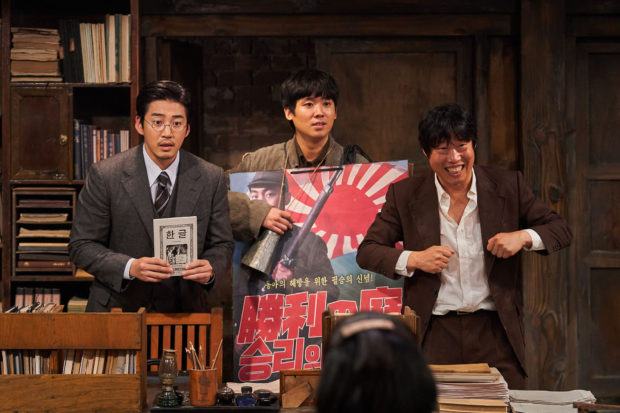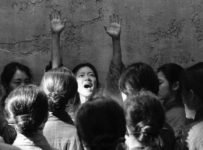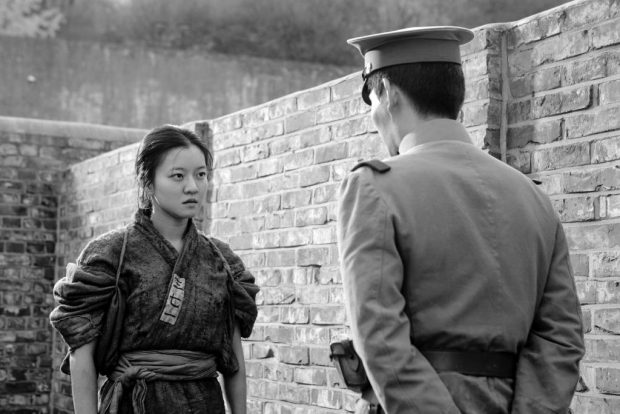If ever there was a movie for the moment, it’s PENINSULA (반도). Yeon Sang-Ho’s film arrive on a wave of Korean zombie goodness, one started by his own prequel Train from Busan. It’s also the first Asian blockbuster to land in the middle of a global pandemic. It would be kind of ironic if irony hadn’t been cancelled for 2020.
The film opens with a brief prologue in which soldier Jung-Seok (Golden Slumber‘s Gang Dong-Won) escapes South Korea on an ill-fated boat. Four years later, he’s still awaiting refugee status in Hong Kong. So the crazy offer to go back to the Korean Peninsula with his brother-in-law Cheol-min (Kim Do-Yoon) to retrieve millions of dollars of US cash left in a truck is an appealing one.
It’s an old-fashioned zombie-heist, at least until things start to go wrong. Attacked by pseudo-militia Unit 631, led by Sergeant Hwang (Kim Min-jae) and Captain Seo (Koo Kyo-hwan), Cheol-min is captured and forced to compete in a zombie arena. Meanwhile, Jung-Seok is rescued by a duo of plucky fast-driving kids, and teams up with their mother Min-jung (Lee Jung-hyun) to plan escape.
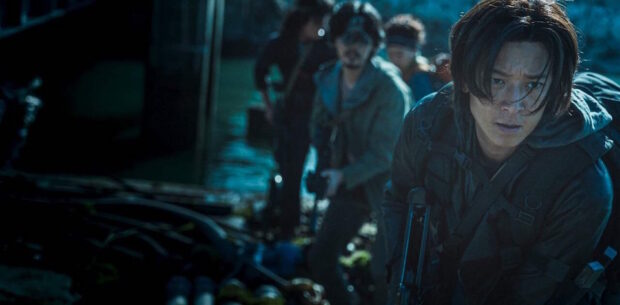
This is not Yeon’s first return to his zombie world, with the animated film Seoul Station greatly expanding his universe. Yet in PENINSULA, Yeon levels up his scope having learned a few new tricks in his superhero flick Psychokinesis. Tonally different from the singular forward momentum of Train to Busan, it’s like Yeon Sang-ho’s zombieverse skipped over Dawn of the Dead and went straight to Land of the Dead.
In fact, there’s a few different tones going on in this sequel. Starting as a gangster film, it travels through the heist genre, a family drama and into the action of an apocalyptic wasteland. In Mad Max terms, it’s equal parts Fury Road and Beyond Thunderdome, complete with the benefits and excesses of both of those flicks. Some may argue that it could be a sequel to literally any of the countless zombie flicks out there, which is a fair argument in a film that’s really only sequel in name only.
Gang Dong-Won is a charismatic lead, capably driving the primary plot. However, it’s also fair to say that the moustache twirling Koo Kyo-hwan and matriarch Lee Jung-hyun head up their own subplot casts, which includes Lee Re (Innocent Witness) as a kick-ass baby driver. The latter is also instrumental as director Yeon thunders towards the fast-driving finale, an amazing series of stunt set-pieces where every bit of the US$16 million budget (roughly double Busan‘s cost) is seen on screen.
The Zombie Wave shows no signs of letting up across South Korea with 2020 blockbuster #Alive, period drama Kingdom and TCO’s upcoming Night of the Undead series taking bites out of audiences. In a year where box offices have taken a hit, PENINSULA is a welcome way to ease back into theatre life with a mix of something familiar and fresh. Just make sure you do it from a safe physical distance.
2020 | South Korea | DIRECTOR: Yeon Sang-Ho | WRITER: Yeon Sang-Ho | CAST: Gang Dong-won, Lee Jung-hyun, Lee Re | DISTRIBUTOR: Magnum Films (AUS), New World Entertainment (Worldwide) | RUNNING TIME: 116 minutes | RELEASE DATE: 13 August 2020 (AUS)




